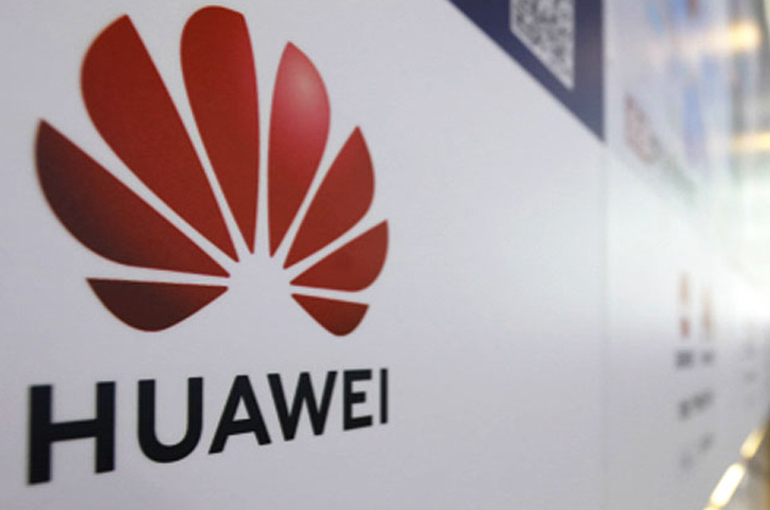On July 30, 2025, the Shanghai Pudong New Area People's Court sentenced Zhang Kun, founder and CEO of Chinese chip startup Zunpai Communication Technology (Zunpai), to six years in prison and a fine of RMB 3 million for stealing trade secrets from Huawei. The case marks one of the most significant criminal convictions in China's semiconductor industry for intellectual property theft.
Zhang, a former senior executive at Huawei's semiconductor arm HiSilicon, was found guilty of orchestrating a coordinated theft of Huawei's proprietary Wi-Fi 6 chip technologies. According to authorities, Zhang and several former Huawei colleagues illegally accessed and copied confidential chip design files through screenshots and hand-written notes prior to their departure from the company in 2021. They then used the stolen information to design similar chips at Zunpai, a firm Zhang established shortly after leaving Huawei.
A forensic analysis found that 40 key technical points in the infringing chips had over 90% overlap with Huawei's confidential designs, meeting the legal threshold for "substantial similarity." The infringing products had not yet reached mass production when police raided company facilities in April 2023, seizing servers loaded with Huawei's proprietary data and arresting 14 core team members, including Zhang and co-conspirator Liu.
The court ruled that Zhang's actions caused particularly severe consequences, and in addition to his prison sentence and fine, he is banned from working in the chip industry for five years. Liu and two other senior staff received three to five years in prison and fines of RMB 500,000 to RMB 2 million, while 10 others were given shorter sentences or probation. Nearly RMB 100 million in company assets were frozen, Zunpai was dissolved, and its infringing technology was destroyed.

Zunpai, founded in March 2021 and based in Nanjing, had positioned itself as a Wi-Fi 6 chipmaker targeting routers, gateways, and smart devices. Despite being just months old, it had raised substantial funding—reportedly close to RMB 100 million in angel investment and several hundred million yuan in a 2022 pre-A round that included major backers like Gaorong Capital and Xiaomi's investment arm.
Xiaomi later issued a public statement distancing itself from the scandal, asserting that it was merely a financial investor with no involvement in the startup's operations or access to any of its technology.
Huawei reported that the stolen technology caused financial losses exceeding RMB 100 million, including sunk R&D costs and lost market opportunities. The company noted that its upcoming Wi-Fi 7 router was delayed due to the breach, giving rivals an opening in the market.
Legal experts say the case sets a precedent for how "substantial similarity" in technical trade secrets is determined under Chinese law and reflects growing enforcement of IP rights in the semiconductor sector. In an internal announcement, Huawei called the verdict a "decisive victory" in defending its intellectual property.
The ruling underscores a broader shift toward criminal prosecution in trade secret cases, particularly those that threaten national data security. It also sends a clear message: in China's increasingly competitive semiconductor industry, technology theft will carry severe consequences.
+86 191 9627 2716
+86 181 7379 0595
8:30 a.m. to 5:30 p.m., Monday to Friday
